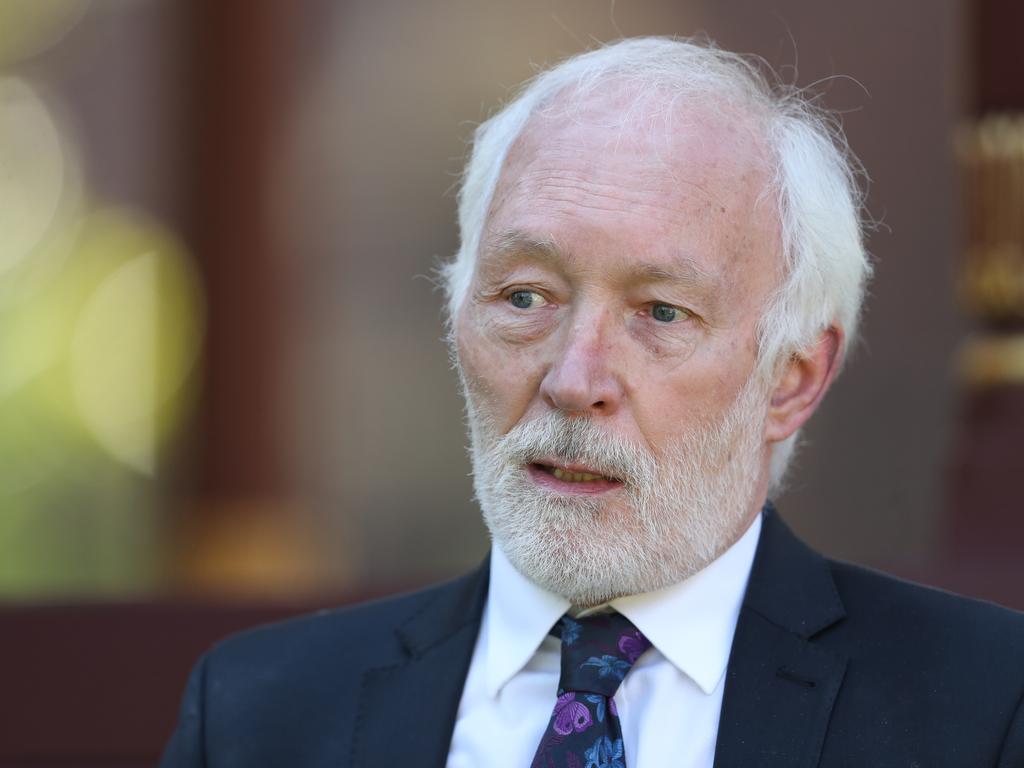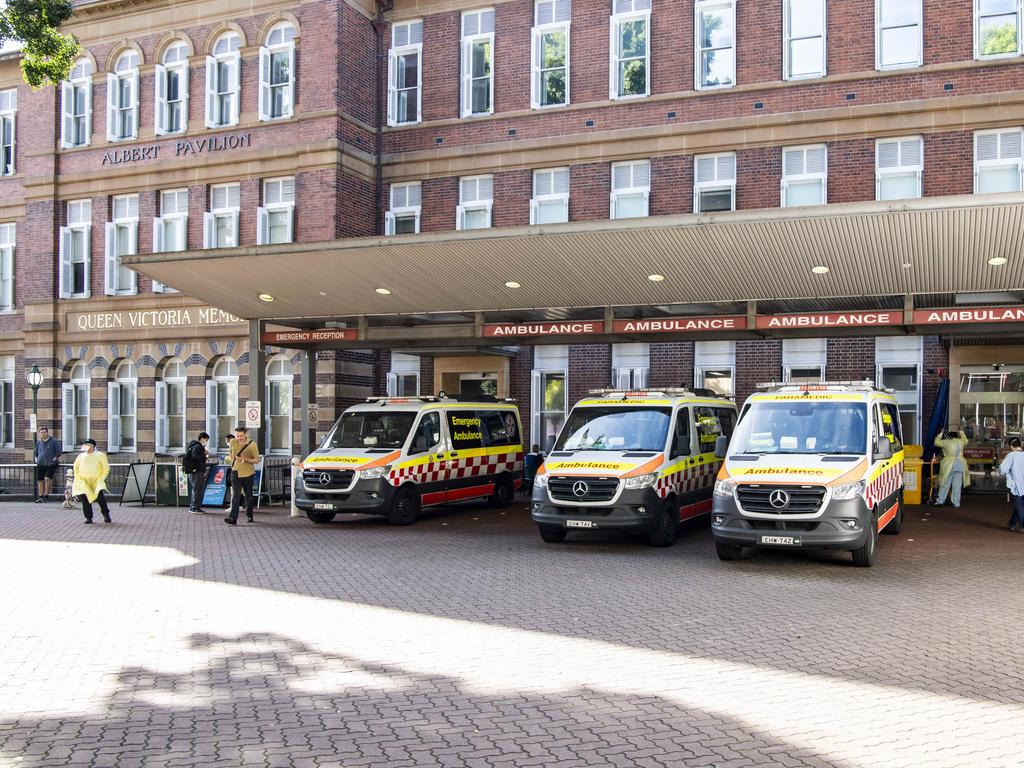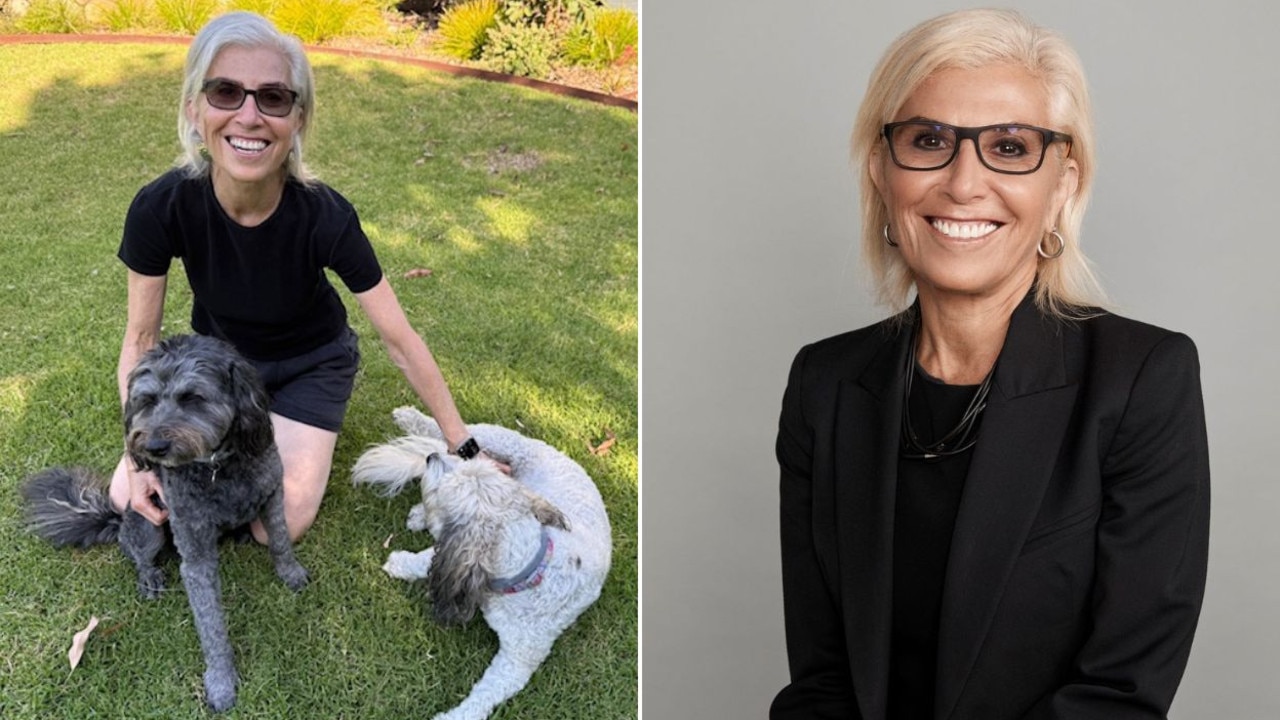Inmates bashing nurses in Queensland hospitals
Nurses are being assaulted by unguarded, violent prisoners in Queensland hospital psychiatric units, under laws that mean prison officers have no jurisdiction in the state’s public mental health wards.
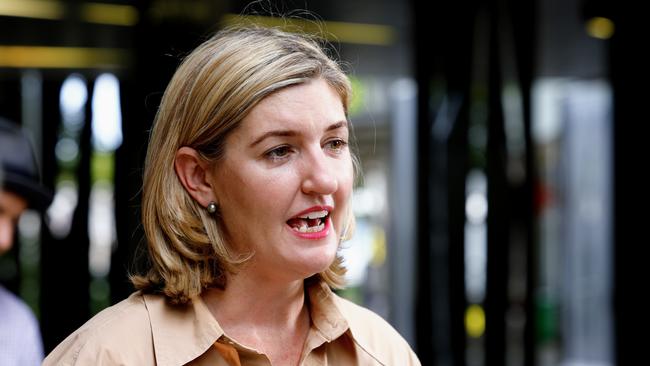
You can now listen to The Australian's articles. Give us your feedback.
Nurses are being bashed by unguarded, violent prisoners in Queensland hospital psychiatric units, under laws that mean prison officers have no jurisdiction in the state’s public mental health wards.
Convicted and accused rapists, murderers, attempted murderers, carjackers, and armed robbers are being transferred from Lotus Glen Correctional Centre in far north Queensland to Cairns Hospital’s mental health ward for treatment, and are being left there without supervision from prison officers or full-time hospital-trained security guards, whistleblower nurses told The Australian.
They said their colleagues had been punched in the face, kicked, stabbed with pencils, scratched, spat at, and threatened with murder and rape by prisoners and other psychotic patients in the hospital’s psychiatric unit.
Under Queensland’s Mental Health Act, prison officers have no jurisdiction in the state’s public hospital psychiatric wards, so corrective services officers are not required to guard the offenders. It’s left up to hospitals to appoint security guards.
But in Queensland’s general medical hospital wards, prisoners are handcuffed to their beds and are guarded by at least one prison officer at all times.
At the psychiatric intensive care unit in Cairns, prisoners are free to eat and socialise in shared spaces with other mental health patients, including vulnerable teenagers.
Recently, a 13-year-old girl with autism and risk-taking behaviour was with two Lotus Glen prisoners in the acute unit, where she was observed repeatedly hugging one of them. There was a hospital security guard on the ward to protect the girl.
Illicit drug use is rife, with substances smuggled in by patients’ visitors, or by patients themselves, and then distributed around the ward.
Mental health nurses – who have asked for their identities to be protected for their own safety and for fear of losing their jobs – told The Australian that they and their colleagues were regularly assaulted by psychotic patients but they believed their safety complaints were being ignored by the hospital and the nurses’ union.
“Nursing staff are literally saying someone is going to die and it’s going to be a nurse,” one nurse said.
“We’ve been raising this for nearly a year; we just get fobbed off.”
Nurses had raised their safety concerns with the Queensland Nurses and Midwives’ Union but said the union seemed to be more focused on the upcoming October election.
“We haven’t been supported at all,” a nurse said.
The nurses said they were not being taken seriously by police when they tried to report the illegal drugs – including methamphetamine and cannabis – smuggled into the ward, and could not do their jobs safely when surrounded by unguarded prisoners.
A nurse said they were not trained to be prison guards.
“The Lotus Glen prisoners get dropped off by corrective services and are waved goodbye and then the nurses have to look after them,” one nurse said.
“They come from a prison setting, with guards, and then they’re left to free-range among other patients.”
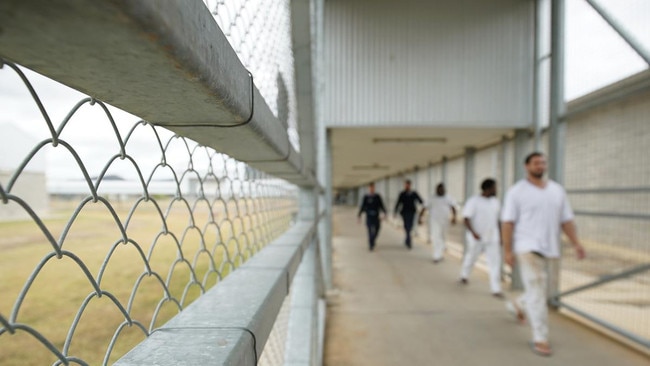
The nurses said there was not even a hospital-trained security guard permanently stationed on the ward. Sometimes, private guards, who usually work as nightclub bouncers, were contracted, but they were untrained in the hospital’s “Maybo” system to reduce the risk of workplace violence, so were prohibited from physically intervening to protect nurses and patients.
As a result, there were long stretches of time when there were no security guards of any kind in the psychiatric intensive care unit, even when Lotus Glen prisoners were being treated there.
Another nurse said they were driven to speak out because nothing had been done.
“Things need to change … My partner worries every day about me going to work, and whether I’ll come home,” the nurse said.
Leaving prisoners unguarded at state-run hospitals is in violation of the government’s own published policies – except in hospital mental health units.
According to Queensland Health’s Office for Prisoner Health and Wellbeing, when prisoners have to be referred to hospital for treatment, Queensland Corrective Services “will provide security and custodial escort”.
In a Memorandum of Understanding between Queensland Health and QCS, signed last year, QCS promises to “ensure an adequate number of appropriately trained custodial staff are engaged to ensure the safety and security of the health centre”.
A PwC review, published in 2018 for the health department, noted the cost burden on QCS: “Admission to regular hospital units requires prisoners to be restrained and continuously escorted under QCS policies. This contributes to QCS costs”.
There is just one declared high-security mental health unit in Queensland, at The Park in Wacol, southwest of Brisbane, with 70 beds.
A spokesman for Corrective Services Minister Nikki Boyd said she had asked that QCS discuss the matter with Cairns’ hospital service.
Ms Boyd’s department said, according to the Mental Health Act 2016 and the Corrective Services Act 2006, prisoners were managed by the health department as a “classified patient” for the duration of their mental health hospital treatment.
Health and Mental Health Minister Shannon Fentiman said “no amount of workplace violence is OK” but acknowledged that “delivering care which protects the human rights of patients while also protecting staff can be complex in a mental health unit”.
Ms Fentiman said there were “around-the-clock security officers” in place at the Cairns mental health unit, echoing similar statements by the hospital and health department.
But nurses disputed that; they said there were security officers assigned to each block of the hospital, not each ward, and they were only temporarily in the mental health ward unless the duress alarm was activated.
Ms Fentiman said the hospital was currently recruiting more security officers and “implementing ways of demonstrating the presence of this boosted security presence in a non-threatening way to patients”.
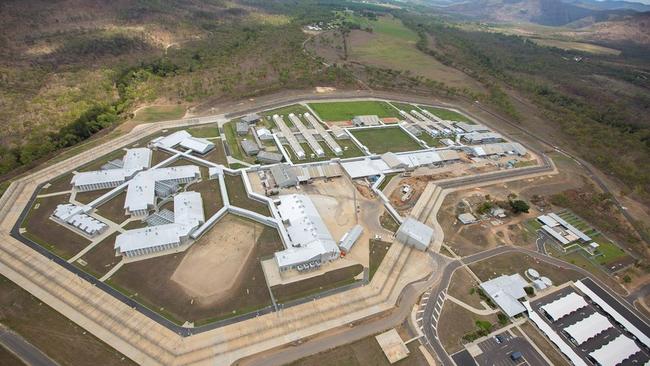
Cairns hospital service chief executive Leena Singh said all hospital staff were expected to undertake a three-day violence de-escalation training course and staff were also protected by duress alarms, security staff, CCTV and “physical installations such as jump barriers and safe rooms”.
Ms Singh said staff who experienced physical or verbal abuse could receive medical attention, debrief, and take time off work as needed. She said they were encouraged to report assault allegations to the police, as were staff who found illicit substances on the ward.
Queensland Nurses and Midwives’ Union assistant secretary Grant Burton said the union had met with hospital officials to raise the concerns on behalf of Cairns members.
Queensland Chief Psychiatrist data shows 16 “classified” patients were admitted to the Cairns mental health unit in 2022–23.
In the same period, 132 patients absconded from Cairns mental health services, including the hospital. Of those, 30 were on a “forensic order” and had been charged with a criminal offence, but were found to be unable to stand trial.
Do you know more? Confidentially contact elkss@theaustralian.com.au




